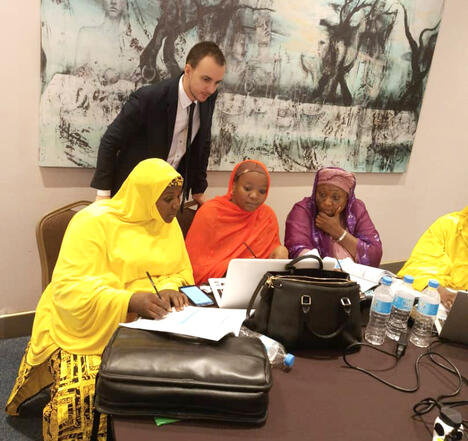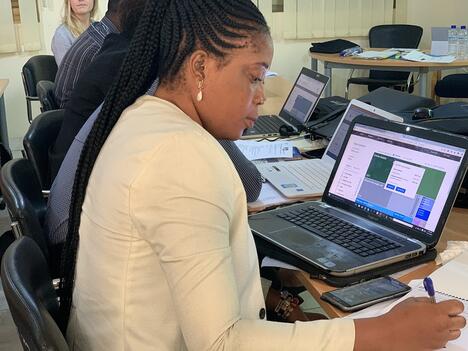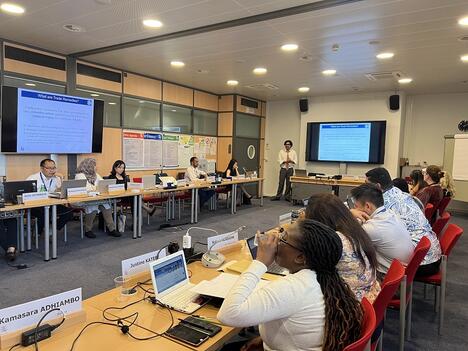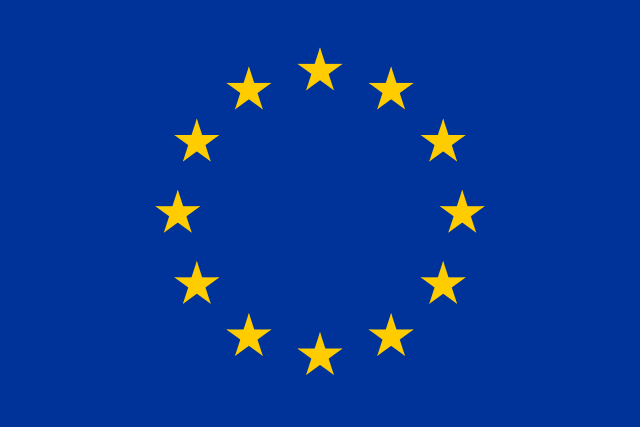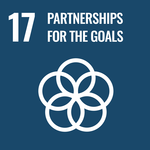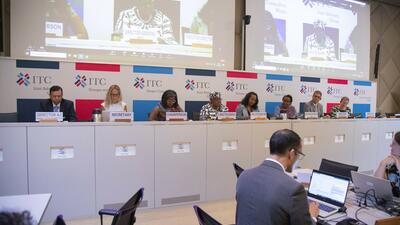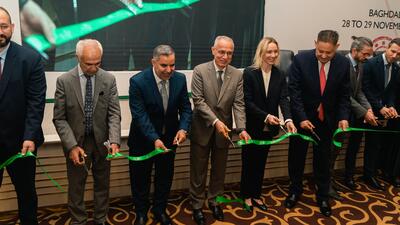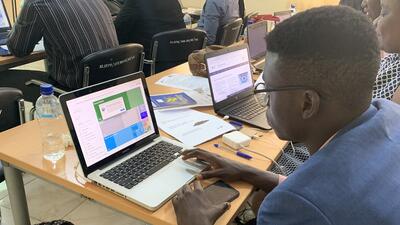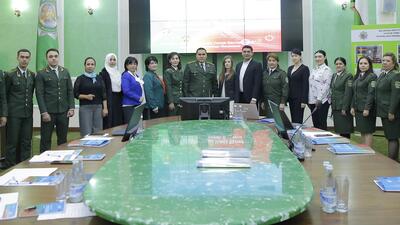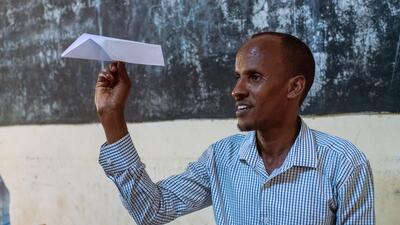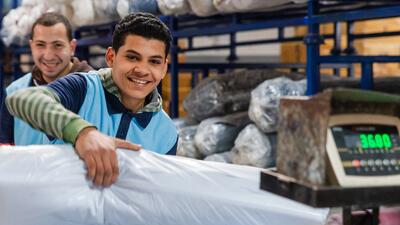
Case study: All least developed countries equipped to exploit free trade intelligence tools
The ‘four Cs’ – COVID, climate, conflict and cost-of-living – greatly tested small businesses around the world and set back the Sustainable Development Goals. This case study, from the ITC Annual Report 2022, highlights how the International Trade Centre helped entrepreneurs find new ways to prosperity through trade.
The challenge
A key challenge for any country wishing to export more is the scarcity of reliable trade information on markets. They need to stay on top of competitive conditions in their current markets, anticipate demand swings in turbulent times and identify long-term growth potential for their goods. They also must be able to scan for new market opportunities and the potential to diversify or add value to existing products. This market analysis can be time consuming, costly and an impediment to trade, especially for least developed countries (LDCs) with limited resources.
ITC helps address this challenge through its suite of Market Analysis Tools – recognized as a global public good – funded by the European Union and donors to the ITC Trust Fund. An ambitious goal over the course of a five-year project that culminated in 2022 was to build the capacity of all LDCs to use the tools.
The solution
Capacity building is instrumental in the impact and reach of ITC’s global public goods. In 2022, nearly 10,000 businesses and government officials from across the globe benefited from training on Market Analysis Tools. This included 496 participants from LDCs, of whom 167 were women. ITC reached a major milestone during the year: it achieved its goal of training representatives from all 46 LDCs to fully exploit its tools on trade and market intelligence.
In 2022, ITC dedicated 24 training sessions to LDC users to help them gain critical insights, including, for example, on preferential access opportunities in regional and major markets. As users from LDCs and developing countries consult video platforms such as YouTube, ITC expanded its online video library by adding 78 new trade-related videos and tutorials. This brought in over 115,000 views – equivalent to more than 5,000 hours of learning.
ITC also worked closely with LDC development institutions and national authorities to reach out to local BSOs, trade associations, customs administrations, academic institutions and women entrepreneur associations. Workshops and webinars were organized in which the content was entirely tailored to the national context.
As an example, with Nepal set to graduate from LDC status in 2026, a workshop on ITC tools was designed to help policymakers master related market access issues and navigate the future trade landscape. The workshop shed light on the South Asian Free Trade Area and discussed how Nepal can propel market diversification and also use special incentive arrangements such as GSP+ (Generalised Scheme of Preferences Plus).
The results
ITC’s public goods span the globe, reaching beneficiaries in the most vulnerable and remote economies. The response to ITC’s training on how to capitalize on its free Market Analysis Tools has been overwhelmingly positive, especially among LDC participants driven by the desire to help their countries and fellow citizens attain a better quality of life. Many are excited to be trained and experience the availability of data that can be exploited to help domestic businesses grow and policymakers formulate robust trade development strategies.
Participants from countries including Kiribati, Sao Tomé and Principe, Somalia and Tuvalu, for example, which had been involved in few capacity-building activities in the past, were particularly appreciative and inspired.
The future
While ITC will continue to build the capacity of LDCs beyond the duration of the project, synergies have also been identified with partners such as the UNDP Regional Service Centre in Addis Ababa to establish a network of certified trainers on ITC tools. The objective is for these trainers seamlessly to provide training and advisory services based on Market Analysis Tools, thereby ensuring continuous and tailored capacity building for users in the world’s least developed countries.




